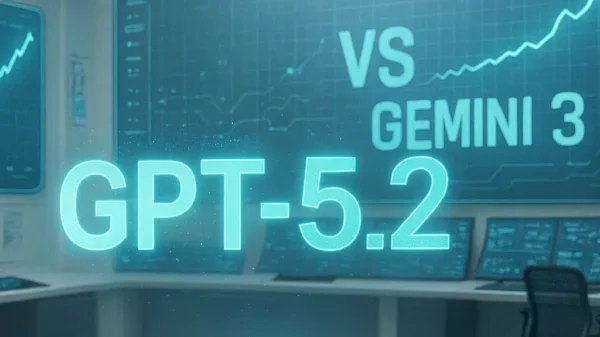On Tuesday, the Chinese electric car manufacturer Nio (9866. HK) announced that it would collaborate with Changan Automobile (000625. SZ) to create battery-swapping models to reduce expenses.
Nio and state-owned Changan will also build and share battery-swapping facilities and standardize batteries, according to the company’s statement to Reuters.
The goal of the cooperation is to assist Nio in increasing profitability while reducing staff and postponing long-term investments to boost productivity and cut expenses in the face of escalating competition, which started when American automaker Tesla initiated a price war at the start of the year.
Rather than plugging the car into a charging station, drivers may easily swap out depleted battery packs for fully charged ones by switching out the packs.
When drivers refuel during peak hours, swapping could help relieve the load on power networks. However, executives and industry analysts anticipate that swapping will only become practical if batteries become more standardized.
Nio is among the few EV manufacturers placing their bets on battery swapping as a significant power source. This year, Nio plans to almost triple the total number of such stations in China.
Some EV manufacturers argue that these facilities are too expensive and that faster charging methods and longer-range hybrid versions are better for easing users’ range anxiety.
According to data from the China Passenger Car Association, Changan and Nio ranked seventh and eighth in China for EV sales in the first nine months, with 123,322 and 109,993 units, respectively.
Nio had roughly a million charging poles and 2,113 battery-swapping stations in China as of November 21.

















































